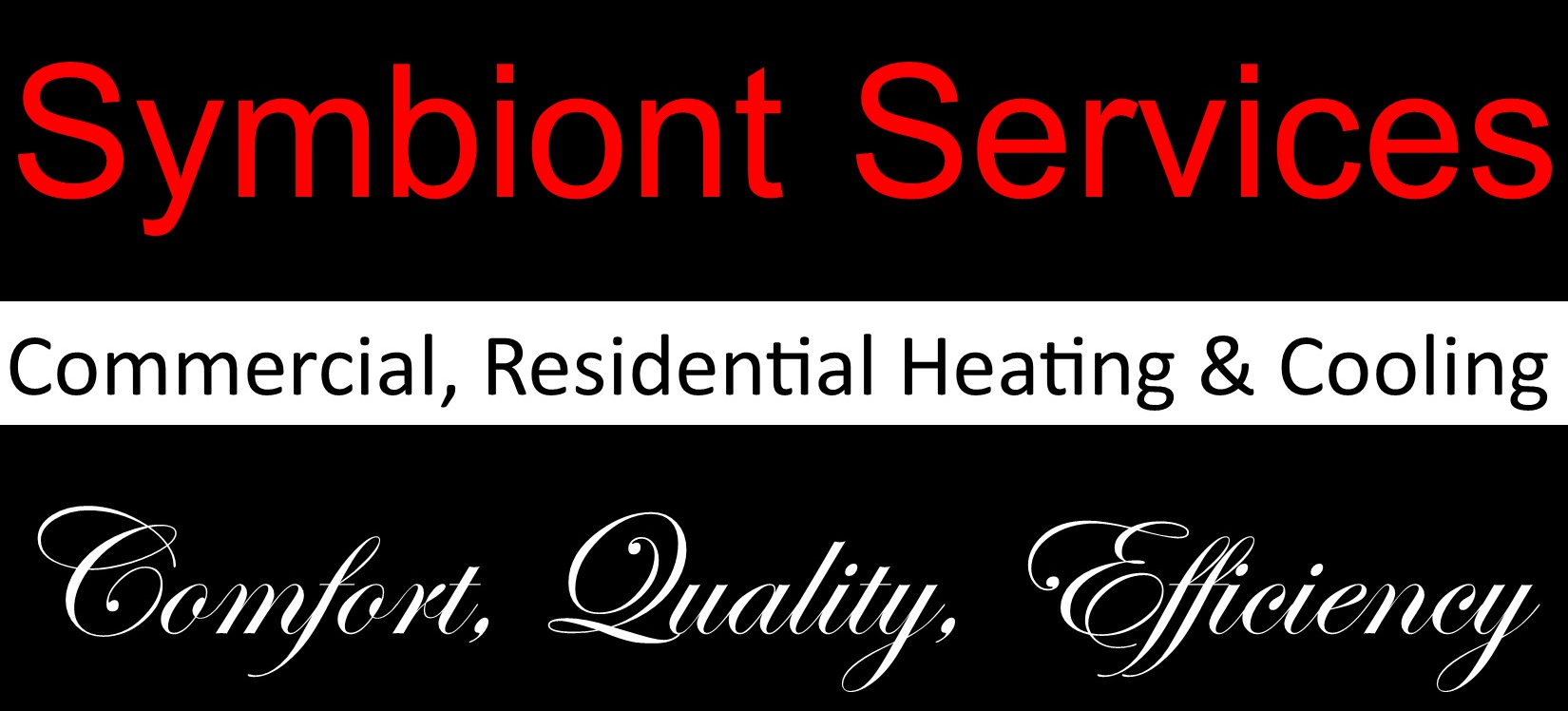FAQs About Our HVAC Services
How often should I service my HVAC system?
Routine maintenance isn't just about preventing breakdowns—it's about optimizing your system's performance for comfort and cost savings.
• Yearly Service: A tune-up once a year maintains optimal performance.
• Efficiency Boost: Regular maintenance can prevent costly breakdowns and enhance energy efficiency.
• Newer systems require less frequent service, but will require more frequency as they age.
What are the signs that I might need a new HVAC system?
If your HVAC is acting up more than usual or it's been a decade or two since the installation, a new, more efficient system might be in order.
• Age: Systems older than 20-25 years may need replacement.
• Repair Frequency: Constant malfunctions suggest it's time for an update.
Can upgrading my HVAC system save me money?
Upgrading can be a cost-effective move in the long run, as newer systems offer improved energy usage and fewer emergency calls.
• Lower Bills: Modern systems are designed for maximum energy savings.
• Smart Investment: New technology means better performance and fewer repairs.
What's the difference between a heat pump and a traditional furnace?
While furnaces are great for cold climates, heat pumps can be an economical option for those needing both heating and cooling capabilities in more moderate climates.
• Heat Pump: Offers heating and cooling in one system.
• Furnace: Typically used for heating only.
• Dual Fuel: Uses both a furnace and a heat pump.
How can I improve my indoor air quality?
Enhancing your indoor air quality can lead to better health and comfort, especially for those with allergies or respiratory issues.
• Filter Changes: Regularly replacing filters is a must.
• Air Quality Solutions: Consider air purifiers and humidifiers.
• Consider UV light for additional air cleaning and purification.
How often should I really change my filters?
Filter change requirements will vary by system design. As a general rule, change your filters quarterly, but remember — some system installs will require monthly changes.
